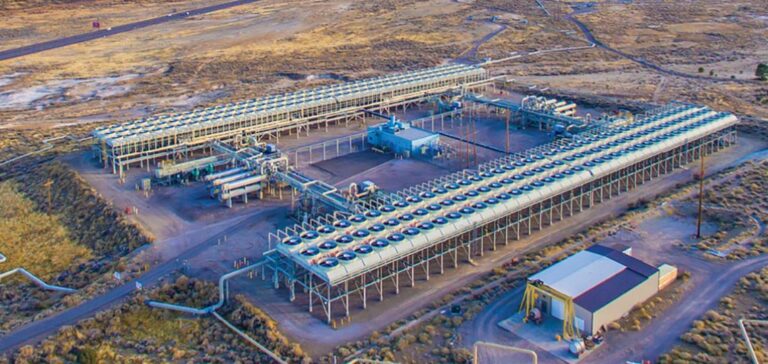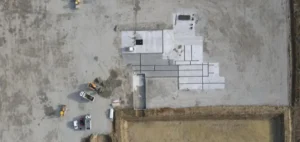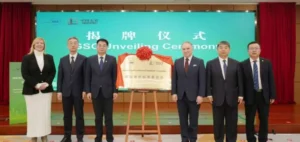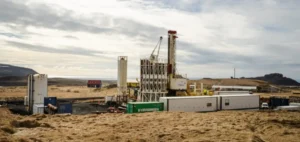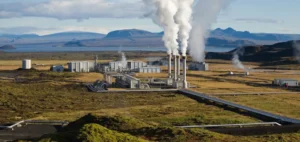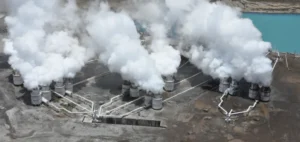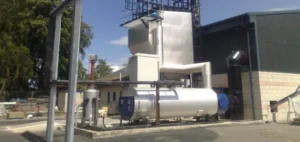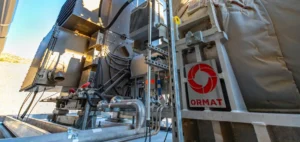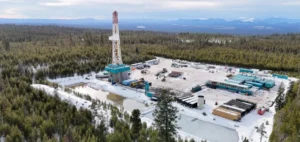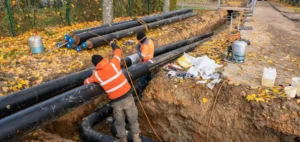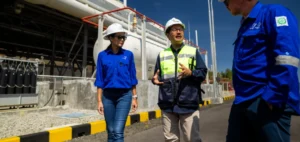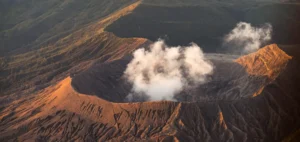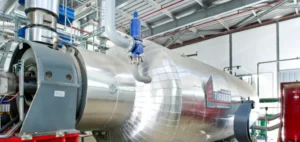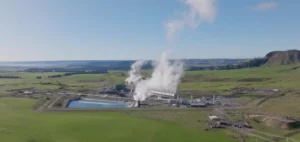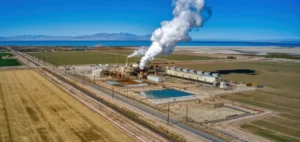Ormat Technologies, a company specializing in renewable energy technologies, has announced an agreement with Contact Energy to develop the Te Mihi Stage 2 geothermal power plant in New Zealand. This project, with an installed capacity of 101 megawatts (MW), is part of an Engineering, Procurement, and Construction (EPC) contract valued at $200 million.
This partnership marks a major step in the gradual replacement of the Wairakei geothermal power plant, built in the 1950s. Once completed, the Te Mihi Stage 2 plant will enhance New Zealand’s renewable energy production while contributing to the reduction of greenhouse gas emissions. The project is expected to be completed by mid-2027.
A strategic development for energy transition
In addition to this initiative, Contact Energy plans a subsequent phase called Te Mihi Stage 3, with commissioning expected by 2031. With these projects, the total geothermal capacity currently being developed by Ormat in New Zealand amounts to 160 MW. This expansion aims to support the country’s ambitious carbon-neutral and energy transition goals.
Doron Blachar, CEO of Ormat Technologies, emphasized the importance of this project in a statement: “This partnership with Contact Energy is a significant step toward a sustainable future. With our advanced binary technology, Te Mihi Stage 2 will operate with zero emissions, offering an ecological and innovative solution.”
Major economic and technological impact
Ormat expects this contract to significantly boost its order backlog, estimated at over $300 million by the end of 2024. The revenues related to this project are expected to be recognized mainly in 2026 and 2027.
The use of binary technology, particularly suitable for high-enthalpy geothermal reservoirs, demonstrates Ormat’s expertise in designing solutions tailored to local needs. It also reinforces the company’s leadership position in the geothermal sector.
At the same time, this collaboration aligns with New Zealand’s goal to increase its renewable energy capacity, essential for achieving its environmental objectives. The realization of the Te Mihi Stage 2 plant is therefore a significant advancement for the country’s economy and energy transition.


